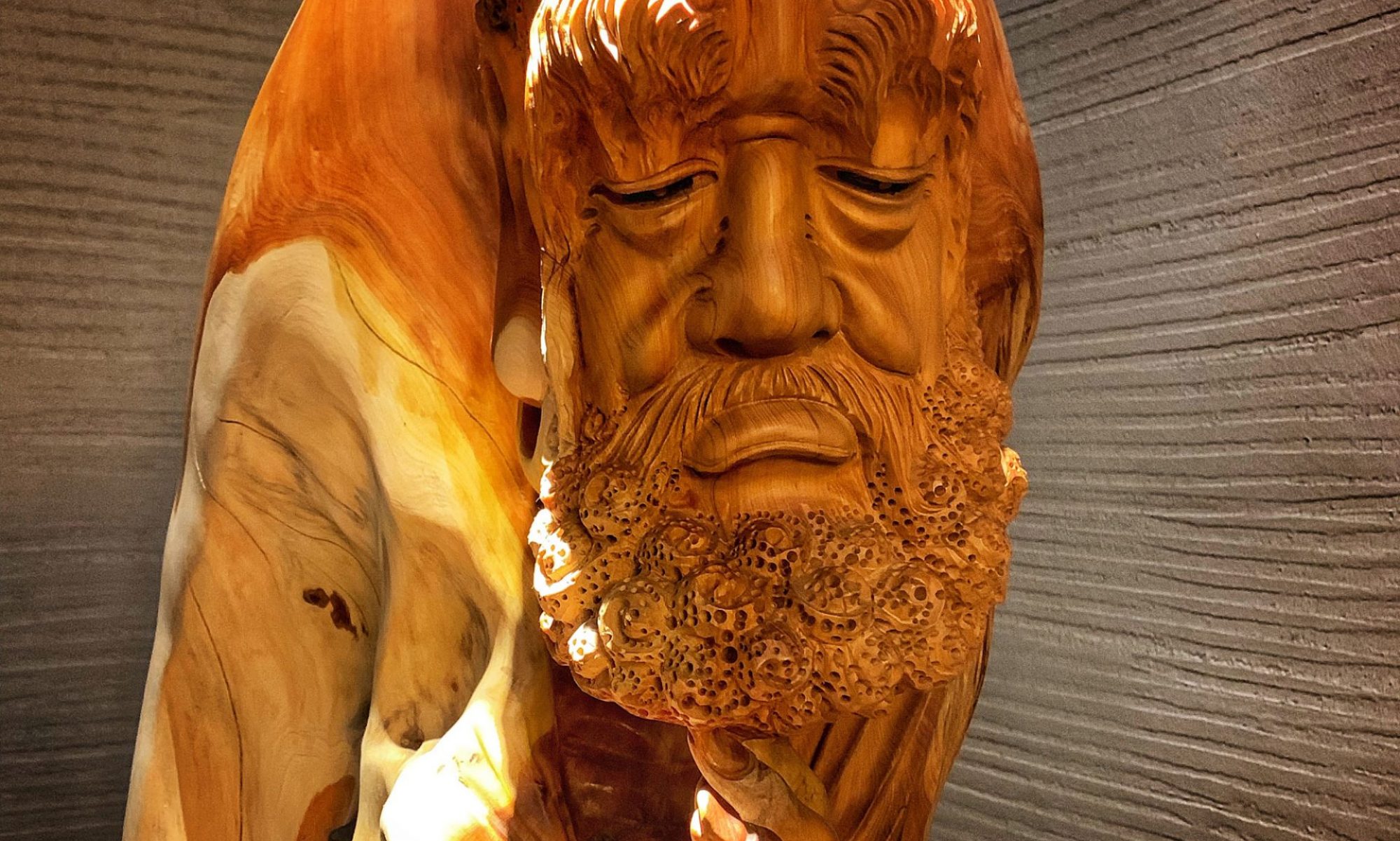 There are only two kinds of perception – right perception having wisdom as its root and wrong perception, needless to say, with ignorance in it. And that makes a whole darn difference in the way we relate with the world. Words are just impossible to make you understand the vast distinction of it. And mind you, the “world” is to mean everything that comes from our senses of experience, that is to say, each and every moment. In other words, where wisdom is present in the mind, a person looks at the world entirely different from one who doesn’t have the same in his mind. How different is different? Simply different. And that is all that matters in life, irrespective what one has or doesn’t have, whether in the present, future or past. Totally irrelevant. Period.
There are only two kinds of perception – right perception having wisdom as its root and wrong perception, needless to say, with ignorance in it. And that makes a whole darn difference in the way we relate with the world. Words are just impossible to make you understand the vast distinction of it. And mind you, the “world” is to mean everything that comes from our senses of experience, that is to say, each and every moment. In other words, where wisdom is present in the mind, a person looks at the world entirely different from one who doesn’t have the same in his mind. How different is different? Simply different. And that is all that matters in life, irrespective what one has or doesn’t have, whether in the present, future or past. Totally irrelevant. Period.
It may sound to many that a mind that has wisdom seem to denote a characteristic of inactive, passive or dumbness since it has no reference of past, present or future, except what’s in the mind each moment. But it is far from it as wisdom leads. Wisdom has the joy and freeing factor in everything it does, minusing the guilt, fear or shame. And obviously one will misinterpret that without the meaning of guilt in our action, we will practically do anything that has the meaning of wrongness. It will be surprising to know that anything that is defined wrong has guilt in it, not the other way, which also means ignorance as its base. As a matter of fact, “wrong” can only occur in the midst of ignorance. Whether the action is done at that moment or the judgment that comes thereafter, anything that is defined in the meaning of wrongness has ignorance in it, for wisdom does not see it as wrong but simply action done in ignorance.
Can what has happened be otherwise? Obviously, no. Life becomes simple when we only need to acknowledge that we are either wise, or simply ignorant, in all our thoughts, speech or action. Do we have a choice to choose between ignorance and wisdom at each moment? Obviously to be able to choose is already wisdom at work. And to say that too is incorrect, as where there is wisdom; there is merely wise action, without needing to choose at all. Can we choose wrongly? Yes, when our decision is based on ignorance. Ability to choose is wisdom, but what we choose can be ignorant or wise since it is another consecutive moment. Isn’t that simple? No one, not even you, or me, but ignorance or wisdom working its way. Since it is not me but ignorance or wisdom doing, does it mean I am not responsible for my mind?
Yes and no. I am not responsible for each action that occurred though seemingly done by me; but I am responsible for the cause that leads to the action. In truth, responsibility is not the contending issue as what follows will be my experience, whether I like it or not. My experience matters. If I am motivated by ignorance, making it my cause to the effect that is going to take place, I have to bear with whatever consequential experiences that comes my way, irrelevant whether I am responsible for it or not (as in my action). To take responsibility only makes my journey a little easier, that’s all it takes. Even that, it has to be a wise responsibility as being responsible in an ignorant way only leads to more suffering. We tend to wisely think that taking responsibility means we stop targeting outwards, but what happens then is that the inwards become the target and that compounds the already suffering mind.
More appropriately, “taking responsibility” is taking the step towards observing and investigating what really happened in the mind, as in the cause, that perpetuates suffering; and that itself is developing wisdom so that each end is joyful instead of painful. Do you see the importance of wisdom?


